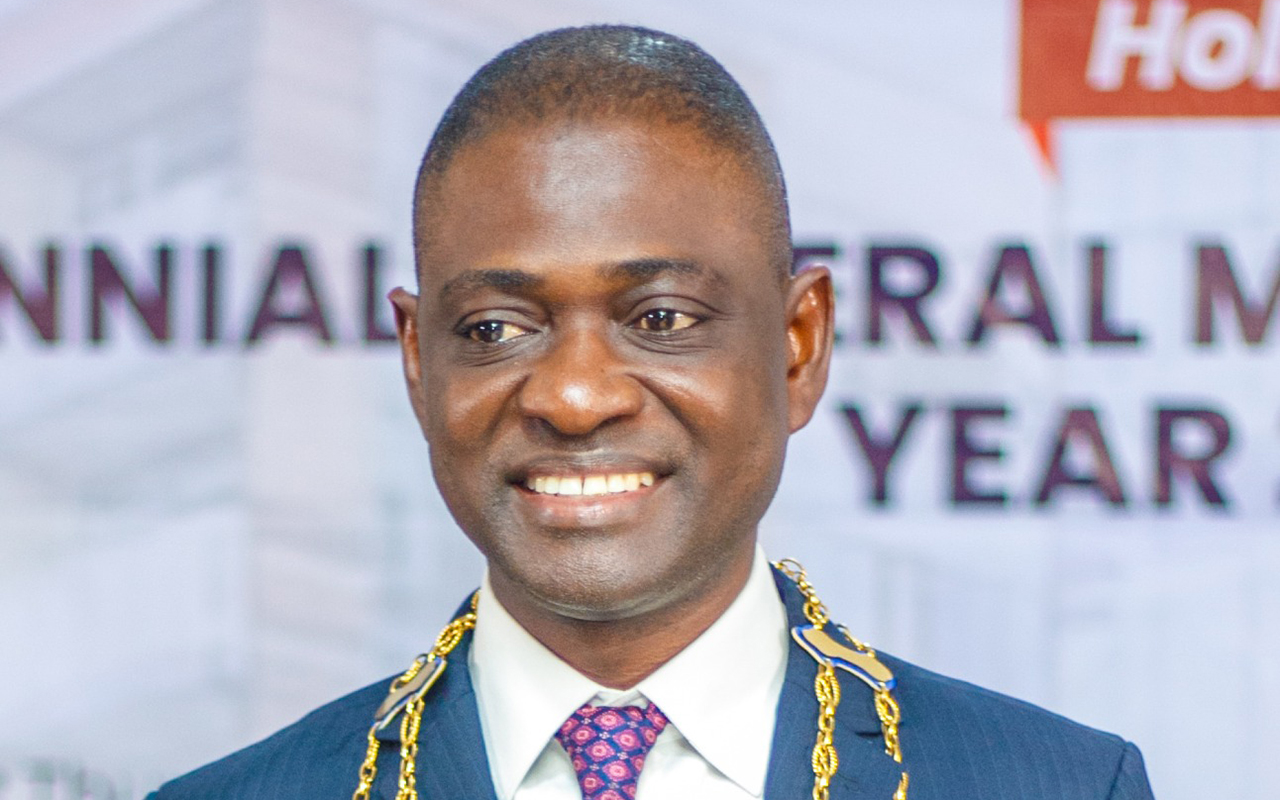 Housing professionals have warned that except there is an equilibrium between the rich and the poor in accessing housing finance, the wide gap in homelessness among the low-income earners that constitute about 85 per cent of the population may continue.
Housing professionals have warned that except there is an equilibrium between the rich and the poor in accessing housing finance, the wide gap in homelessness among the low-income earners that constitute about 85 per cent of the population may continue.
They argued that the possibility of having an efficient, transparent financial sector that provides a broad range of citizens’ access to multiple forms of competitive credit to start businesses, build wealth and purchase property, would reduce existing housing shortfalls and hugely boost the nation’s Gross Domestic Product (GDP) in the long-term.
The experts who stated this at the second webinar series titled, ‘Democratising the financial framework’, organised by the International Real Estate Federation (FIABCI) Nigeria, called for policies that reduce the cost of land, credit for housing development, high cost of building materials, improve access to property rights and titles as well as bring the unbanked citizens on board, to improve accessibility to credit facilities.
The Chief Executive Officer, Family Homes Funds (FHF), Femi Adewole who led the call explained that real estate would be a booster for the economy if people at the bottom who formed the majority that doesn’t have a home and spend 70 per cent of their income on rents have access to micro-lending towards building their homes. He said accessibility to micro-finance by the group would promote job creation and keep the economy active.
The former Managing Director, Shelter Afrique urged authorities to improve the capitalization of micro-finance institutions, who play a role in the housing sector, develop data on how low-income earners access credits to build and scale-up second-tier liquidity facilities for the housing sector.
“About 70 per cent of the Nigerian population who have a need for housing lack access to capital. The process of accessing low-cost housing funds has been inefficient, and pension funds are shying away from including low-income earners, but prefer those in the upper echelon of the housing market”.
The forum attracted, the Lagos State Commissioner for Finance, Dr. Rabiu Olowo, Centre for International Private Enterprise (CIPE), Ms Lola Adekanye, Chief Executive Officer, Oakmont Homes Limited, Yinka Morgan, the co-founder Trust Banc Arthur, Mr. Basheer Oshodi, and the Chief Finance Director, Standard Chartered Bank ltd, Dayo Omolokun and others.
The Chief Economist, Nigeria Clients, and Market leader, PWC, Dr. Andrew Nevin advised the government to decentralise the economy. He said operators in the housing, should convince the federal and state governments to develop policies that would make the industry work effectively.
Specifically, Nevin warned that if governments don’t make the real estate sector work by improving on land registries, unlock debt capital, and develop more mortgages to drive the economy and solve unemployment, the people may continue to be poor, and there could be a decline in the GDP.
Speaking on ‘Access to mortgages and low-income housing’, the Chief Executive Officer, Lagos Building Investment Company, Tobi Lawal said that the income of most Nigerians has debarred them from accessing mortgage, which oftentimes requires about 20 to 30 per cent contribution/deposit before they could access it. He said the shortage of lands in most city centres, the ‘cash and carry’ culture of buying homes and difficult process required before accessing housing credits have hindered home supply.
He also tasked the federal government to promote inclusion in the economy by reducing the burden of accessing housing development loans by the low-income earners and operators in the country.
For the International real estate expert and Principal, World Citizen Consulting, Bill Endsley, he stated that property rights and efficient market are the building blocks of a modern economy.
He harped on the need for effective governance around the housing sector that promotes rational dispute resolution, financial transparency, and appropriate regulations.
Endsley however, commended Nigeria for moving to the 15th position in the world ranking of ease of doing business but stated that there is still room for improvement.
In his remark, President, FIABCI-Nigeria, Adeniji Adele, observed that with the passage of time and resilience, access to housing credit in the country would be easier, stressing that Nigeria could be a better nation if it follows the narrow path.






